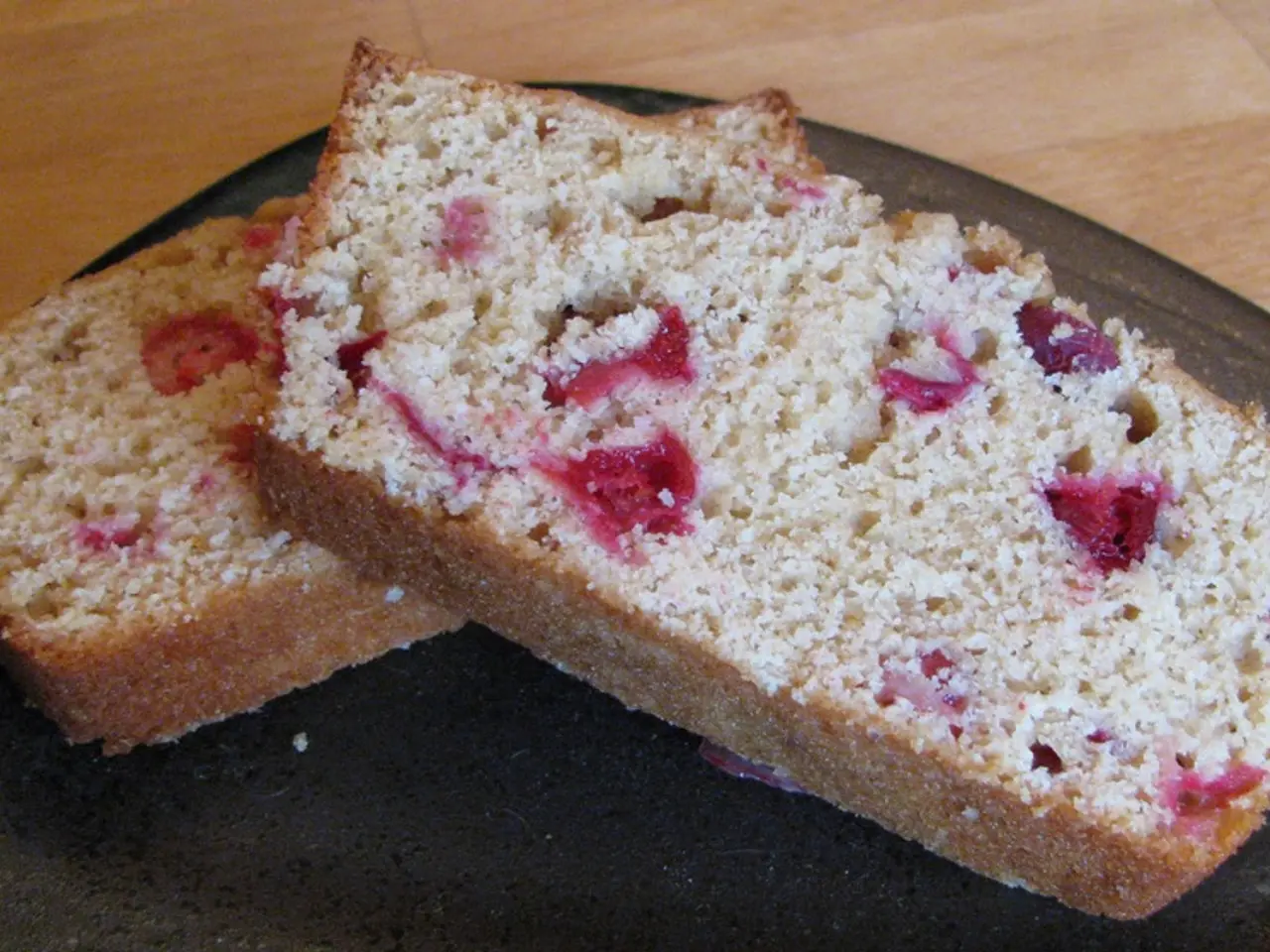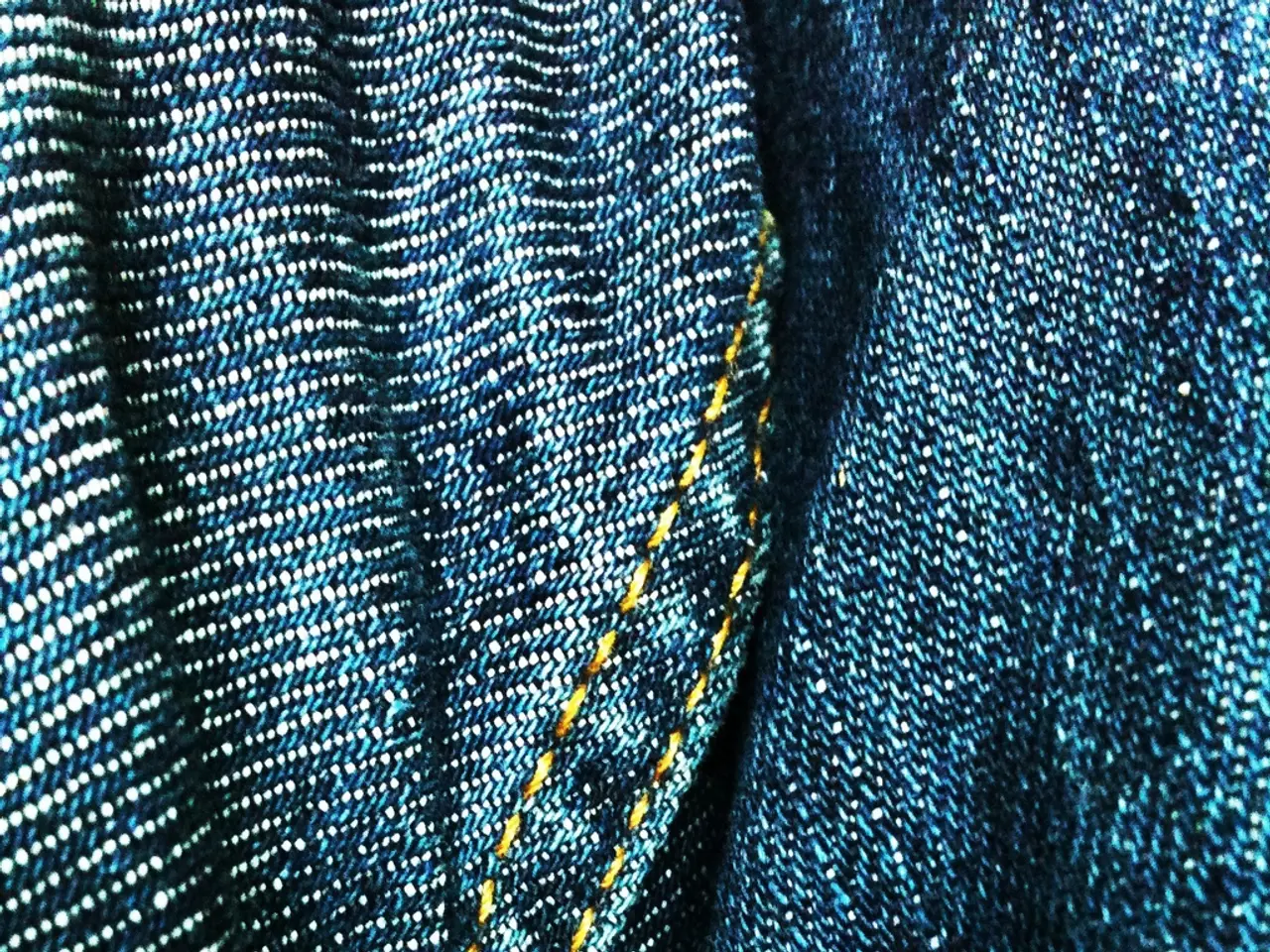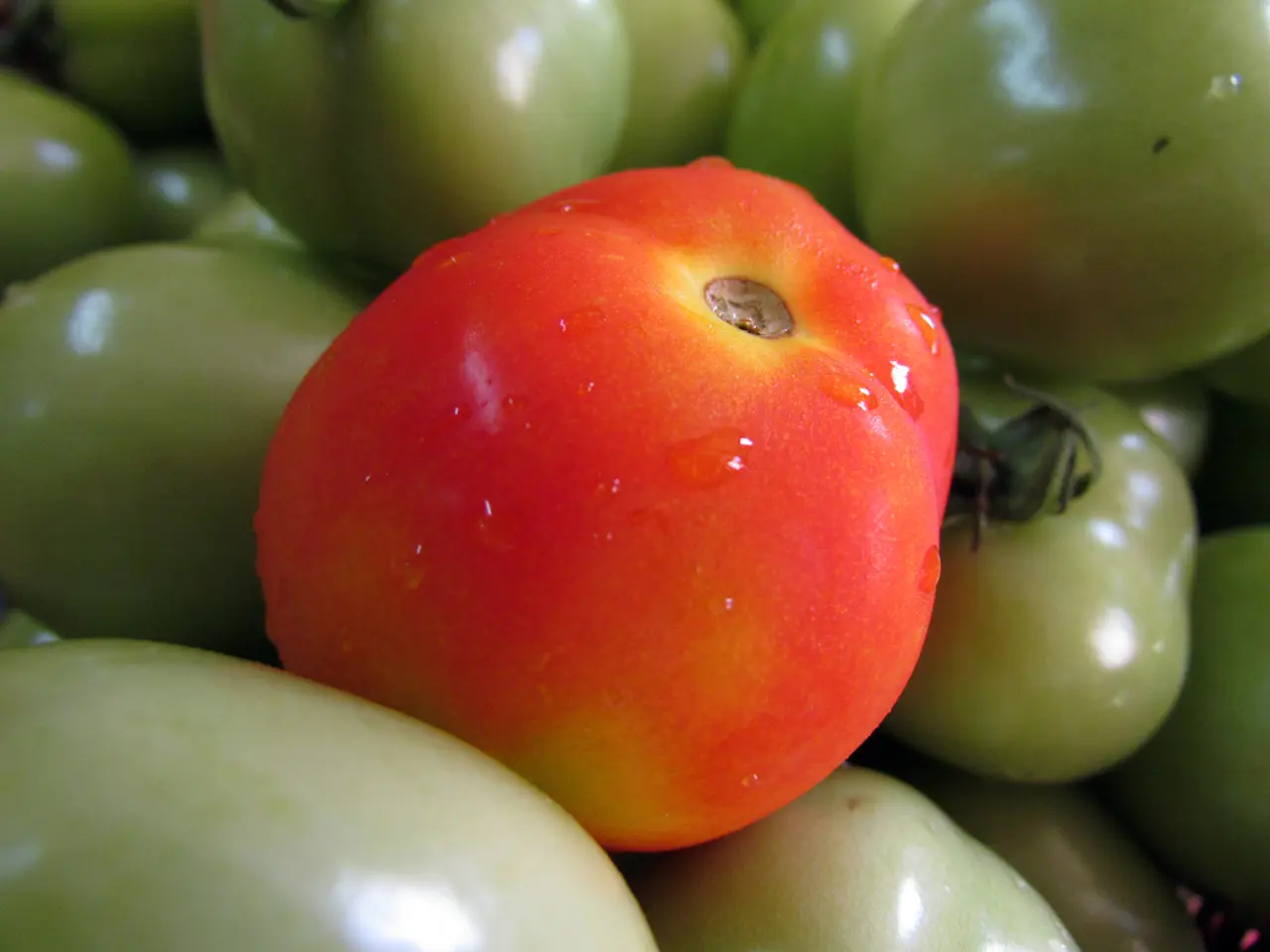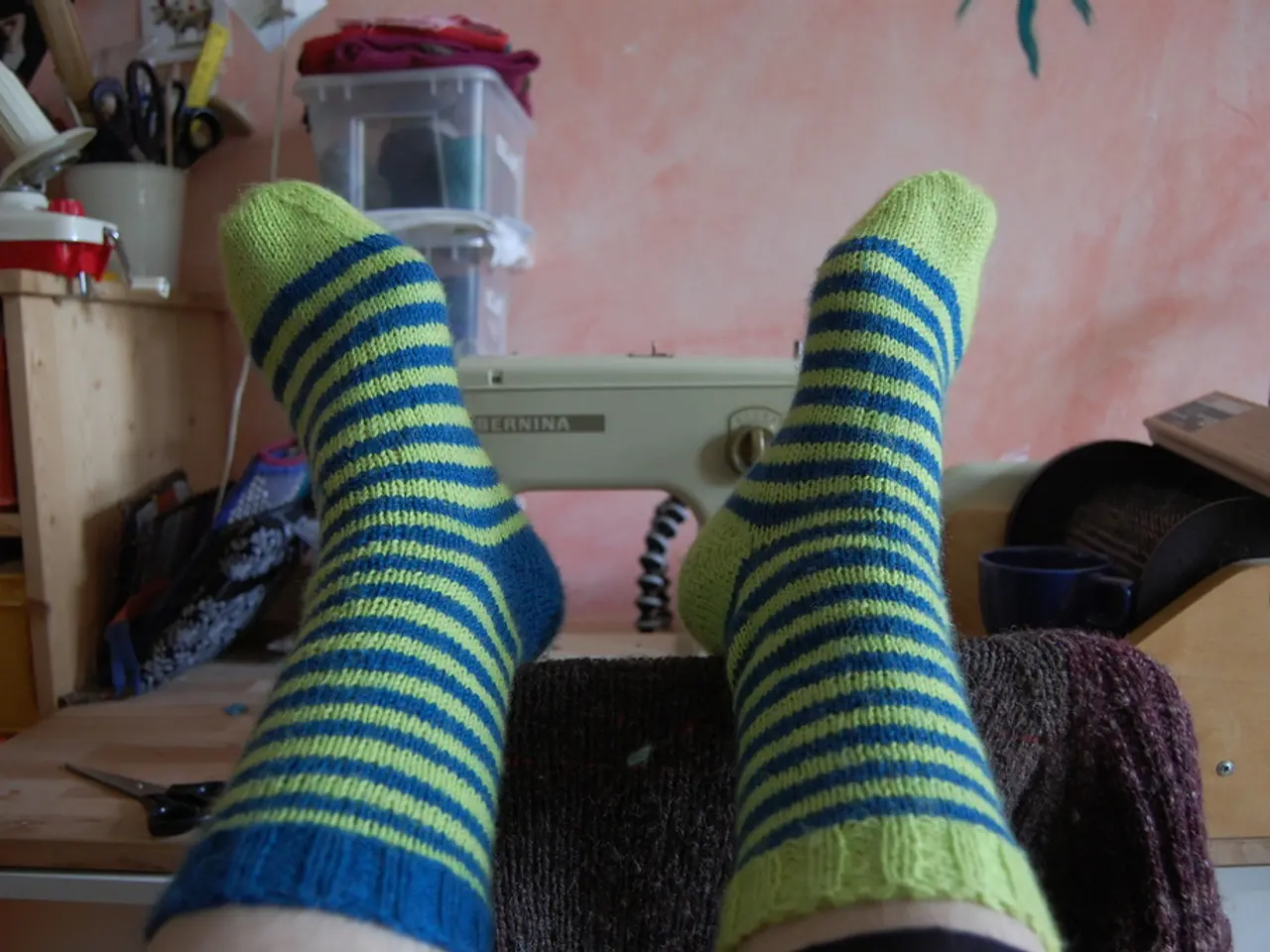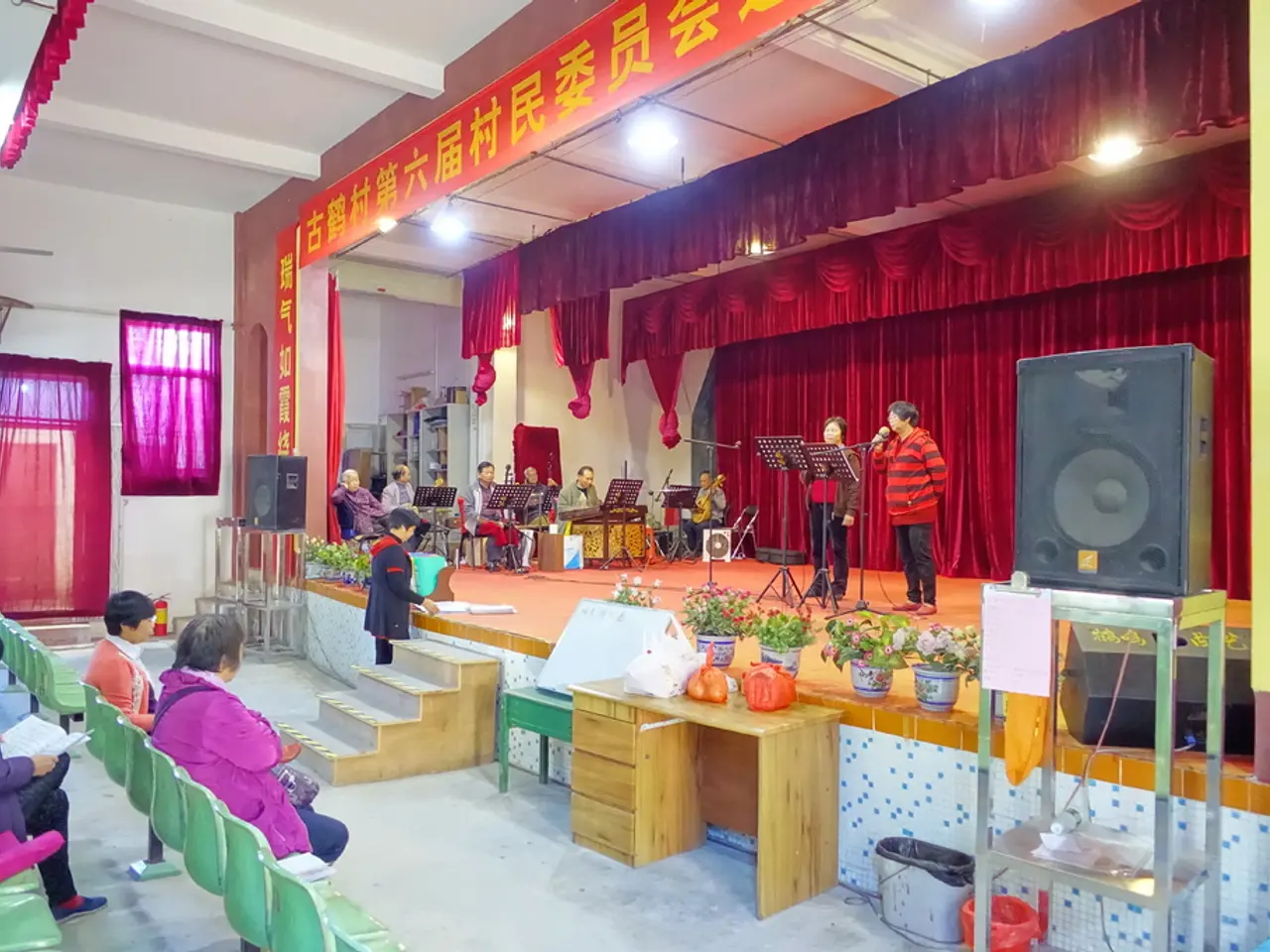Ancient Hittite bread, dating back 3,500 years, resurrected by a women's collective in Turkey
In the historic city of Corum, Turkey, the ancient Hittite bread has been resurrected after 3,500 years, thanks to a dedicated project led by agricultural engineer Tuba Topkara and guided by culinary historian Ülkü Menşure Solak.
The process involves cultivating heirloom wheat, locally referred to as "ata tohum," by local farmers and milling it into organic flour using a traditional stone grinder. The dough is then prepared with natural ingredients, including a wild sourdough starter instead of commercial yeast, mineral-rich rock salt, and local spring water. This traditional mix is kneaded by women members of the Valide Sultanlar Sofrasi Women's Cooperative in a wooden trough, reflecting the communal and artisanal practices of the Hittite era.
The dough is then baked over an oak wood fire in a specially designed stone oven, closely replicating the original cooking environment. This method is a form of experimental archaeology, aiming to resurrect both the flavour and cultural heritage of the Hittite civilization's staple bread.
The first batches of Hittite bread have been introduced to the public, with the bread being served in local social facilities in Corum, sometimes as toasted bread. The appeal of the Hittite bread lies in its historical roots and its fully organic production.
Tuba Topkara aims to make the Hittite bread known to the world, not just Corum, and has joined forces with the Valide Sultanlar Sofrasi Women's Cooperative in the rural village of Elvancelebi. The project has been noted for its significance by gastronomy expert Ulku Mensure Solak.
The revival of the Hittite bread has the potential to become a culinary symbol of the region, highlighting the rich cultural heritage of Corum and the ancient Hittite civilization.
- Tuba Topkara, along with culinary historian Ulku Mensure Solak, aims to extend the recognition of the revitalized Hittite bread beyond Corum, Turkey, to the international community.
- The Hittite bread project, located in the rural village of Elvancelebi, has attracted the attention of gastronomy expert Ulku Mensure Solak due to its significant contribution to food-and-drink culture.
- The Valide Sultanlar Sofrasi Women's Cooperative in Corum hand-kneads the traditional Hittite bread dough in a communal, artisanal manner, employing techniques that mirror those of the Hittite era.
- As part of their lifestyle, residents in Corum enjoy the taste of history with the serving of Hittite bread, which has been introduced at local social facilities, now featuring updated applications such as toasted bread – a modern twist on ancient baking methods.
